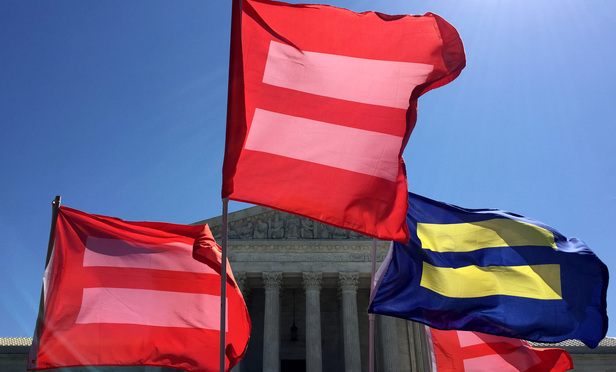Last month’s U.S. Supreme Court decision in Obergefell v. Hodges generated celebrations, condemnations and headlines. Initially, news coverage focused heavily on tensions, real or threatened, between government functions and individual religious beliefs. But when the new work week began, the decision’s impact was felt keenly, and much more quietly, in what has become a principal laboratory of social and legal change: the workplace.
Truth to tell, most employers would prefer not to become involved in the details of their employees’ personal lives. But from tax withholding to benefits administration, employers have no choice but to collect identifying information about their workers and, in many cases, those workers’ family arrangements. By reducing the complexities of these requirements, Obergefell is, from an administrative standpoint, a win for employers.
This content has been archived. It is available through our partners, LexisNexis® and Bloomberg Law.
To view this content, please continue to their sites.
Not a Lexis Subscriber?
Subscribe Now
Not a Bloomberg Law Subscriber?
Subscribe Now
LexisNexis® and Bloomberg Law are third party online distributors of the broad collection of current and archived versions of ALM's legal news publications. LexisNexis® and Bloomberg Law customers are able to access and use ALM's content, including content from the National Law Journal, The American Lawyer, Legaltech News, The New York Law Journal, and Corporate Counsel, as well as other sources of legal information.
For questions call 1-877-256-2472 or contact us at [email protected]



